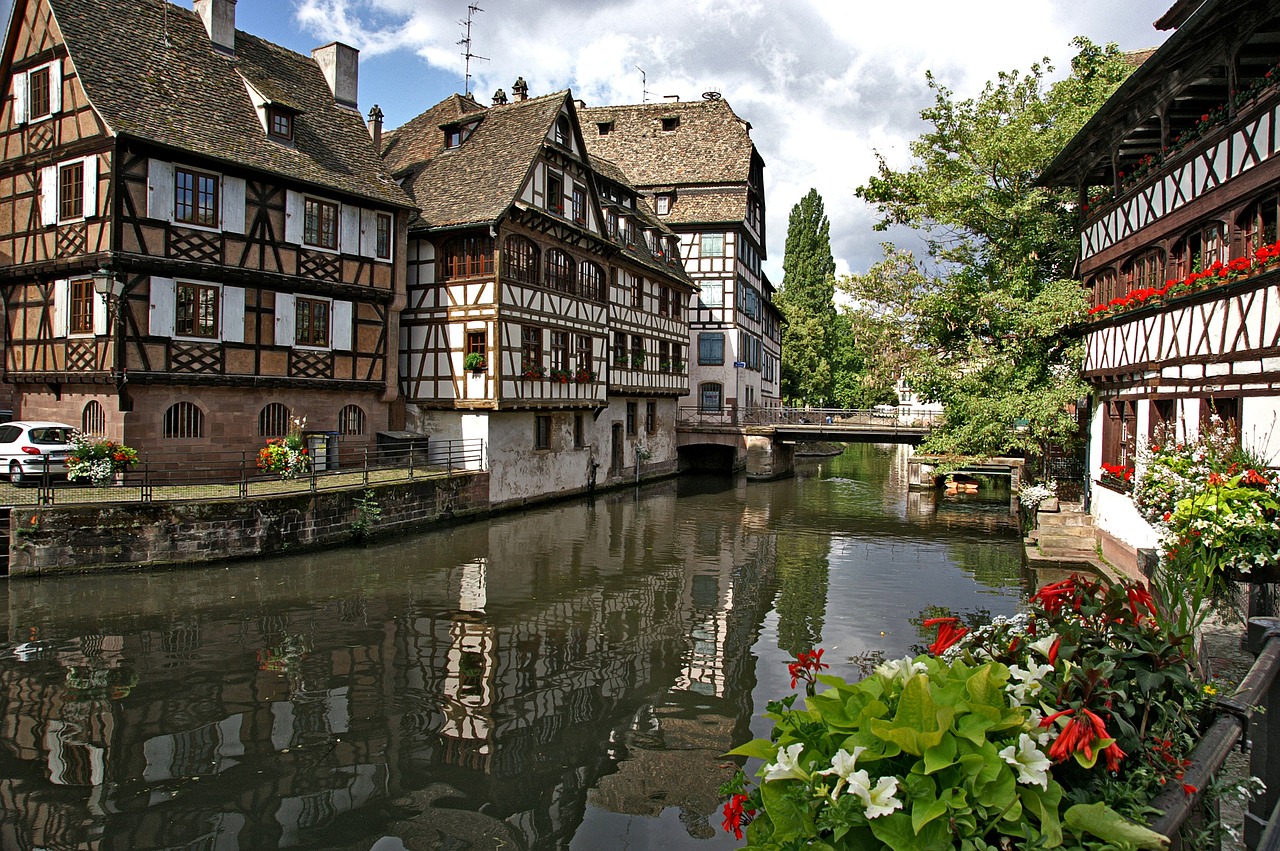Dining Etiquette
- Say “Bon appétit” before starting your meal.
- Use proper utensils; avoid eating with your hands unless it’s finger food.
- Keep your hands on the table (but not your elbows) during meals.
- Wait to drink until everyone has been served and a toast has been made.
- Do not split the bill casually; it’s more common for one person to treat or for people to take turns.
- Place bread on the table rather than on your plate.
- Tear bread with your hands instead of cutting it with a knife.
- Avoid overloading your plate at buffets or family meals.
- Don’t ask for substitutions or modifications in restaurants unless absolutely necessary.
- Never rush a meal; dining in France is a social experience, not just eating.
Social Etiquette
- Greet with a handshake or kisses on the cheek (“la bise”), depending on familiarity.
- Use formal titles (Monsieur/Madame) until invited to use first names.
- Avoid talking loudly in public spaces.
- Say hello (Bonjour) to shopkeepers and staff when entering establishments.
- Say goodbye (Au revoir) when leaving a store or restaurant.
- Do not ask personal questions early in a relationship.
- Avoid discussing money; it’s considered a private matter.
- Bring a gift (such as wine or flowers) if invited to someone’s home.
- Do not bring chrysanthemums as they are associated with funerals.
- Open gifts later, not in front of the giver, unless prompted.
Cultural Sensitivities
- Speak some French; even a basic “bonjour” and “merci” is appreciated.
- Avoid excessive praise of French culture; balance admiration with critique.
- Refrain from stereotyping or making jokes about French culture.
- Respect meal times; avoid eating while walking or snacking outside of meal hours.
- Dress well; appearance matters and is seen as a sign of respect.
- Don’t rush people; the French value leisure and time for reflection.
- Avoid discussing religion or politics unless you’re very familiar with the group.
- Be patient with bureaucracy; it’s part of the culture.
- Respect the French love for debate but avoid being confrontational.
- Do not expect stores to be open 24/7; respect local schedules, especially during lunch breaks.
Business Etiquette
- Be punctual but understand that meetings may not start exactly on time.
- Use formal language in professional emails and correspondence.
- Do not address someone by their first name until invited to do so.
- Prepare for lengthy discussions before decisions are made.
- Dress conservatively in professional settings.
- Bring printed documents to meetings; digital-only can be seen as informal.
- Expect hierarchy in workplaces; defer to senior colleagues.
- Avoid over-familiarity; maintain professional boundaries.
Public Behavior
- Queue patiently; cutting in line is considered rude.
- Respect personal space; avoid unnecessary physical contact.
- Do not eat or drink on public transport, especially in enclosed spaces.
- Speak quietly on public transportation and in shared spaces.
- Say “Pardon” if you accidentally bump into someone.
- Avoid smiling excessively at strangers; it might be misunderstood.
Shopping and Markets
- Do not touch produce at markets unless permitted.
- Greet shopkeepers before asking questions or making purchases.
- Be specific when ordering or requesting items in shops.
- Ask for the bill (“L’addition, s’il vous plaît”) in restaurants rather than expecting it to arrive automatically.
Holiday and Festive Etiquette
- Acknowledge Bastille Day (July 14th), but avoid referring to it only as “French Independence Day.”
- Celebrate New Year’s greetings throughout January; it’s acceptable to wish “Bonne année” until the end of the month.



